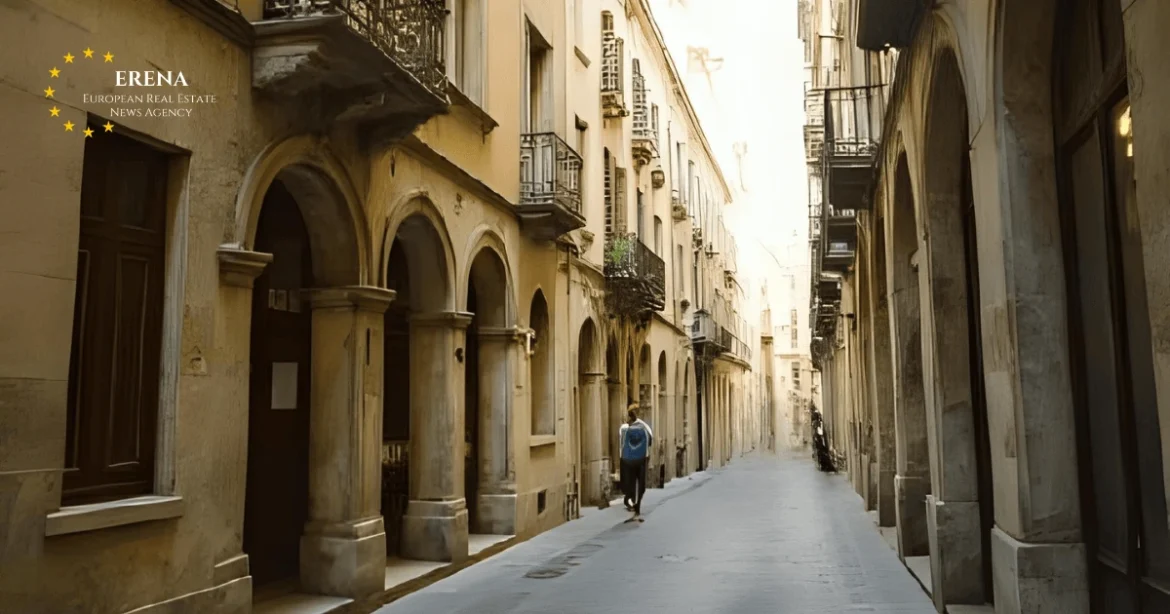Barcelona has drawn a hard line: from November 2028, none of the city’s 10,000+ tourist-use apartments (HUTs) will have their licences renewed. First announced on June 21, 2024 and later upheld by Spain’s Constitutional Court, the policy is designed to return homes to residents and cool rent inflation in Spain’s priciest rental market. “Vamos por el buen camino,” mayor Jaume Collboni said after the ruling, calling it “a magnificent piece of news for the right to housing.”
What the ruling changes — and why November 2028 matters
On March 13, 2025, the Constitutional Court validated Catalonia’s Decree-law 3/2023, which lets municipalities with acute housing stress limit and time-box tourist-apartment licences. Key points now in force: HUT activity requires an urban planning licence limited to five years (renewable only if planning allows); caps can be set up to 10 HUTs per 100 inhabitants; and municipalities can decline to renew existing authorisations after a transition. Barcelona will use this framework to let current HUT licences expire in November 2028, redirecting supply to residential use. Catalonia also defines an HUT as a dwelling ceded in full to third parties for stays of 31 days or less. That 31-day line is now the key compliance threshold, pushing former short-stay stock toward mid-term (31–180 days) and long-term formats.
Prices: rents, rooms and hotel rates set the tone
Rents remain Spain’s highest. Spring 2025 readings put Barcelona at roughly €23.5–€23.9 per m²/month (Idealista, city data), up double digits year on year. At those levels, a 70 m² flat implies ≈€1,650/month, while 80 m² pencils to ≈€1,900/month—a backdrop that explains the drive to increase residential supply. Pressure is sharpest at the entry level: by September 2025, the average room reached ≈€570/month, with prime districts often €800–€1,000. That demand underpins mid-term, room-by-room and coliving strategies that comply with the 31-day rule. Hotels are booming too, strengthening the case for aparthotel or serviced-apartment conversions where zoning permits. In March 2025, Barcelona’s ADR hit €197, spiking to €436 on the peak MWC night—the highest March on record. First-half 2025 data shows Barcelona’s ADR near €195 with steady occupancies.
The investor pivot: three playbooks replacing HUTs
1) Long lets (3–5-year ASTs)
With gross residential yields in Barcelona around ≈6.5–6.7% before costs (Q2 2025), buy-to-let can work at sensible entry prices and low vacancy. Nationally, Spain’s Q2 2025 snapshot shows ≈7.2% gross; big cities run lower, with Madrid ≈5.4%—close to sovereign yields, so underwriting must be tight on capex, taxes and financing.
2) Mid-term furnished stays (31+ days)
Former weekly-stay operators are shifting to 31–180-day tenancies popular with students, project-based workers and digital nomads. Done professionally, effective rents can exceed classic 3–5-year contracts while staying compliant with the 31-day threshold. Barcelona separately regulates alquiler de temporada, so compliance needs careful attention.
3) Aparthotels and serviced apartments (licensed hospitality)
Institutional capital is already leaning into hotels and flex-living. Hotel investment led Spanish CRE volumes in H1 2025 (≈€1.77bn), and advisers flag “living” (build-to-rent, PBSA, coliving, senior, serviced apartments) as top-priority segments. Where buildings can be re-permitted for aparthotel use, operators sidestep the HUT sunset and ride Barcelona’s robust ADR and RevPAR cycle.
Real voices: City Hall, owners and platforms
City Hall
After the court ruling, Collboni framed the measure as a housing win: “magnífica noticia para el derecho a la vivienda.” The City argues 10,000+ units reverting to residential equates to “ten years of free-market housing output,” and insists licences will not be renewed in November 2028.
Owners
Trade body APARTUR calls the policy disproportionate and says it will escalate challenges at the EU level under the Bolkestein services directive. The group has floated multi-billion-euro compensation claims and warns of illegal supply filling any gap. “La UE tumbará la normativa,” said CEO Marian Muro.
Platforms
Barcelona has renewed pressure on Airbnb over 300–400 unlicensed listings per month, warning of administrative, civil and criminal actions for posts without valid IDs—scrutiny that will tighten ahead of the 2028 cutoff.
National backstop
From July 1, 2025, Spain rolled out a national registry of tourist rentals with unified IDs—another tool to curb illegal supply as Barcelona approaches the deadline.
How many licences — and when do they end?
The City often rounds to “≈10,000” legal HUTs, though early tallies showed 10,101 licences; official datasets have referenced 9,800–10,300 as numbers fluctuated with enforcement. All current licences terminate in November 2028, and no new HUT licences are to be issued. From 2029, Barcelona expects no tourist apartments “as we know them.”
Practical implications for owners and investors
- Price on residential, not HUT premia. Assets that traded rich because of a HUT licence will reprice as standard residential. Underwrite on long-let or mid-term comparables, not historical nightly rates.
- Fit-out and compliance matter. Mid-term leases reduce turnover versus nightly stays but still require durable finishes and tenant-ready furnishings; budget capex to defend rent and occupancy.
- Check aparthotel zoning early. Conversions that re-permit into hospitality can capture €195+ ADR peaks and MICE spillover (for example, MWC), but entitlement risk and capex are material. Feasibility depends on district-level planning and the PEUAT hotel map.
- Monitor legal risk, plan for expiry. The court ruling makes the 2028 horizon credible. EU challenges may run long, yet Barcelona can proceed under current law while national registration and local enforcement narrow illegal channels.
Bottom line
With court backing, retiring tourist-flat licences in November 2028 is now the base case. The profitable replacements are compliant long lets, 31-day-plus furnished rentals and—where viable—licensed aparthotels or serviced apartments that ride Barcelona’s strong hospitality cycle. Expect near-term repricing of ex-HUT assets, higher operational standards in mid-term rentals and selective capital flowing into hotel-backed formats as the city rebuilds residential supply and keeps tourism within licensed channels.

